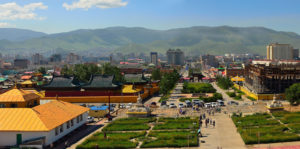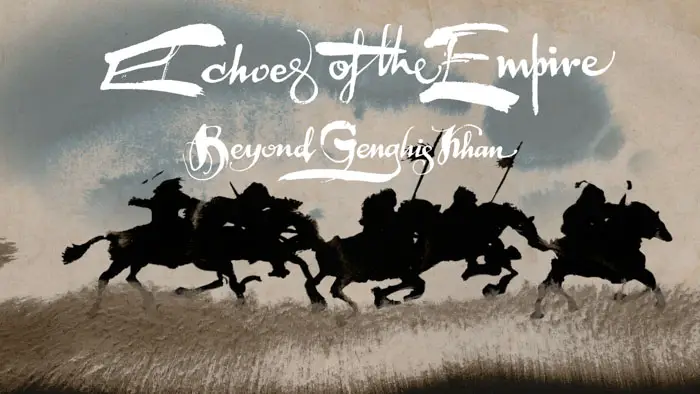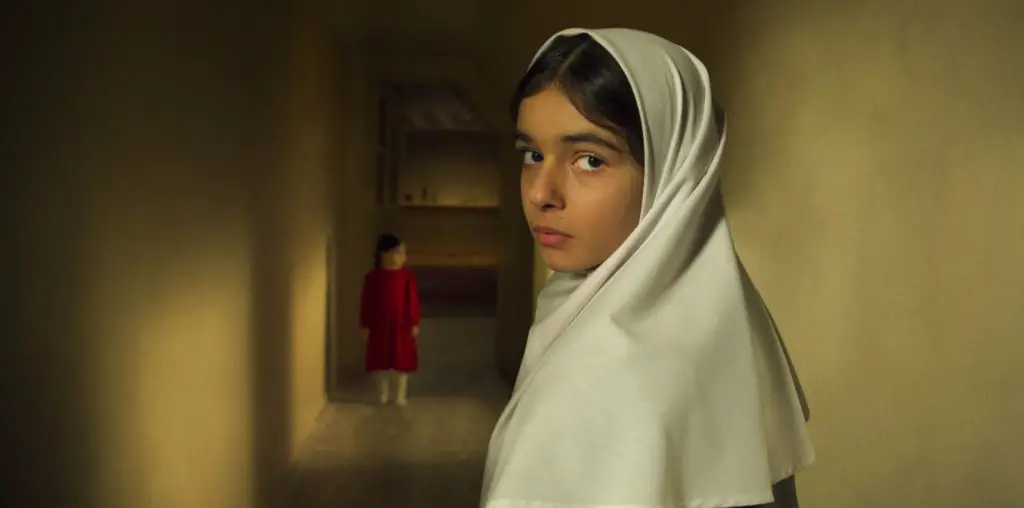
Director Robert H. Lieberman’s Echoes of the Empire: Beyond Genghis Khan tracks Mongolian culture from the days of Genghis Khan to the 21st century. Vast landscapes once ruled by Khan are now home to those carrying on his nomadic traditions as statues cement his place in the nation’s history. Part historical documentary, part cultural deep-dive, the film, written by Deborah C. Hoard, guides viewers into centuries-old practices and how new generations preserve them.
Like a visual companion or spiritual sequel to The Secret History of the Mongols (the oldest surviving work written in the Mongolian language), the film draws clear connections between the once colossal empire and modern Mongolia. It discusses Khan’s complex legacy of conquest with his lesser-known commitments to religious tolerance and women’s education. Lieberman highlights similarities between the virtues of Khan and the philosophies of those still thriving on the Steppes.
Echoes of the Empire: Beyond Genghis Khan is brimming with breathtaking visuals and thought-provoking information on Genghis Khan. Gorgeous animation brings to life each story and Khan’s iconic historical status. Even in an everchanging world of industry, the Great Steppe still sprawls for hundreds of miles, utterly unchanged by humans. This is displayed masterfully throughout in an almost meditative manner. The film also features excellent talking head interviews to accompany the sweeping shots of the untouched landscape. In addition to the visual elements, each interview adds a unique perspective to the long history of Mongolia or a direct link to its present-day culture.

“…tracks Mongolian culture from the days of Genghis Khan to the 21st century.”
Despite its great visual sensibility, the film is a tale of two documentaries; maybe two and a half if we push things. The historical perspectives, told through stylized animation, give it a vibrancy lacking in many historical documentaries. The modern takes have strong connections to the past and discuss a thriving culture often forgotten by the western world. Even the environmental section feels like a gripping mini-documentary about the impacts of pollution on the progressing country. All have their merits, but all feel like they could be much more. While the content is excellent, with several fantastic moments to marinade in, the more subtle themes are sacrificed to serve the broader story.
I’ve been fascinated by Genghis Khan long before my history major, going back to my childhood playing Age of Empires on my Dad’s old PC. Echoes of the Empire: Beyond Genghis Khan has plenty of information and insight to satisfy the history buffs. Beyond the typical cut-and-paste historical documentary, the film has a creative visual outlet that makes it refreshing. I love the content and was actually more invested in the modern Mongolian sections than the parts involving Khan himself.
But, the massive amount of information Echoes of the Empire: Beyond Genghis Khan has to offer is split between several subjects. While all these facts are bound to pique curiosity, it sometimes forgets to satisfy its audience by not focusing on more of each element. If possible, I would love to see this documentary made into two separate films, one on Khan’s lasting impacts and another on Mongolia’s current culture. As it stands, though, Lieberman’s feature is fascinating and engaging.

"…has a creative visual outlet that makes it refreshing."



[…] Source link […]